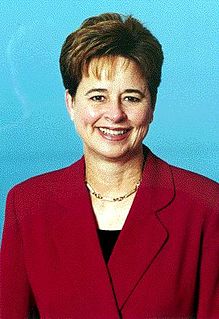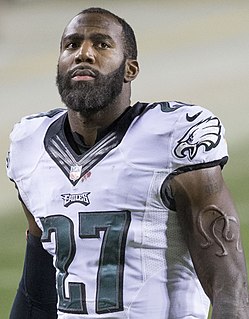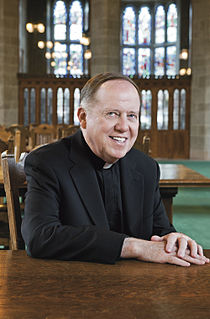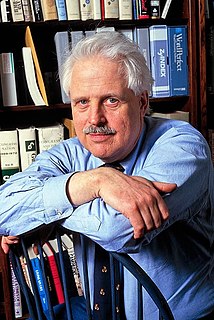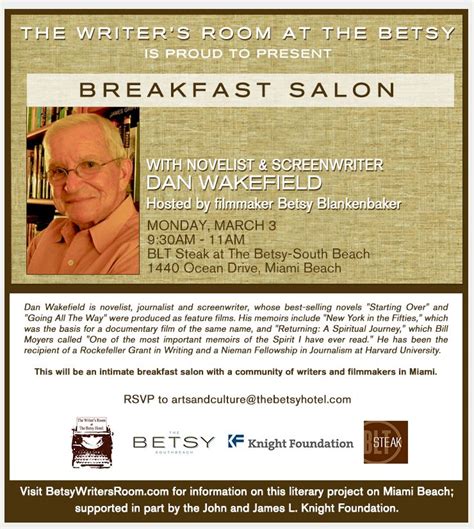A Quote by Michelle Alexander
We're living in a time when so many of the civil rights and social justice organizations are run by lawyers and policy people who are often very disconnected from the communities they claim to represent.
Related Quotes
One vote, one act or one person can change the course of history. I also thought of the lawyers who daily and tirelessly labor in the vineyards of justice - men and women who represent their clients with integrity, ethics and professionalism, and who think nothing of it as that is what lawyers do. Yet, often these individuals are the very people who change the world.
For many years now, I have been an outspoken supporter of civil and human rights for gay and lesbian people. Gays and lesbians stood up for civil rights in Montgomery, Selma, in Albany, Ga. and St. Augustine, Fla., and many other campaigns of the Civil Rights Movement. Many of these courageous men and women were fighting for my freedom at a time when they could find few voices for their own, and I salute their contributions.
For black politicians, civil rights organizations and white liberals to support the racist practices of the University of Michigan amounts to no less than a gross betrayal of the civil rights principles of our historic struggle from slavery to the final guarantee of constitutional rights to all Americans. Indeed, it was practices like those of the University of Michigan, but against blacks, that were the focal point of much of the civil rights movement.
My friend Patsy Mink was a champion for social and economic justice, equality and civil rights for women and marginalized communities. She was a trailblazer who never backed down from a challenge and whose work in Hawaii and Congress brought positive change to the lives of women, children, and minorities in Hawaii and across the country.
I've always found the rhetoric of mainstream civil rights leaders and organizations to be far too timid, accommodationist, and gradualist. It always seemed to me that they behaved like meek and gentle supplicants begging the oppressor for a few crumbs of justice, for a few molecules of citizenship rights.
To its committed members (the Democratic Party) was still the party of heart, humanity, and justice, but to those removed a few paces it looked like Captain Hook’s crew–ambulance-chasing lawyers, rapacious public policy grants persons, civil rights gamesmen, ditzy-brained movie stars, fat-assed civil servant desk squatters, recovering alcoholics, recovering wife-beaters, recovering child-buggers, and so forth and so on, a grotesque line-up of ill-mannered self-pitying, caterwauling freeloaders banging their tin cups on the pavement demanding handouts.

